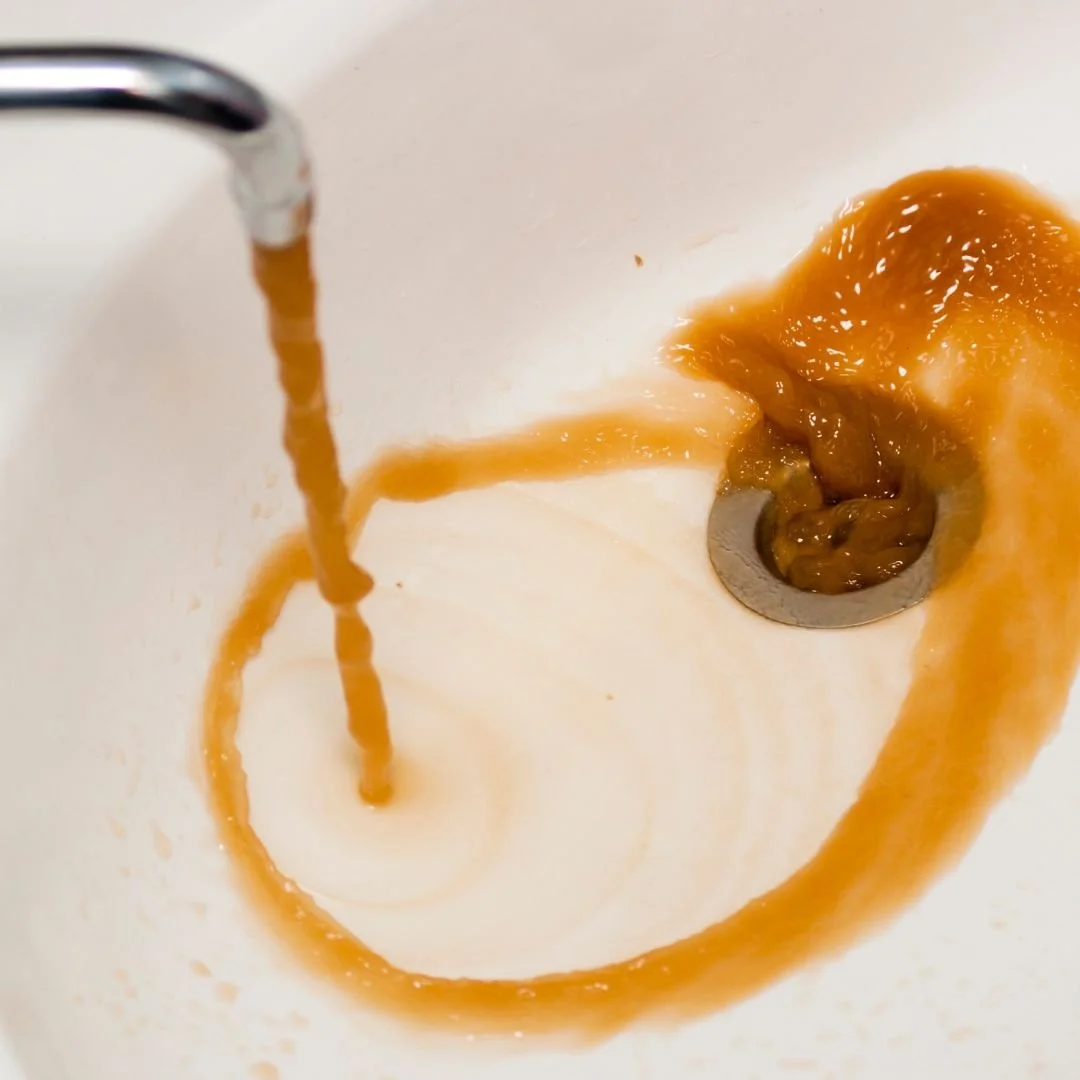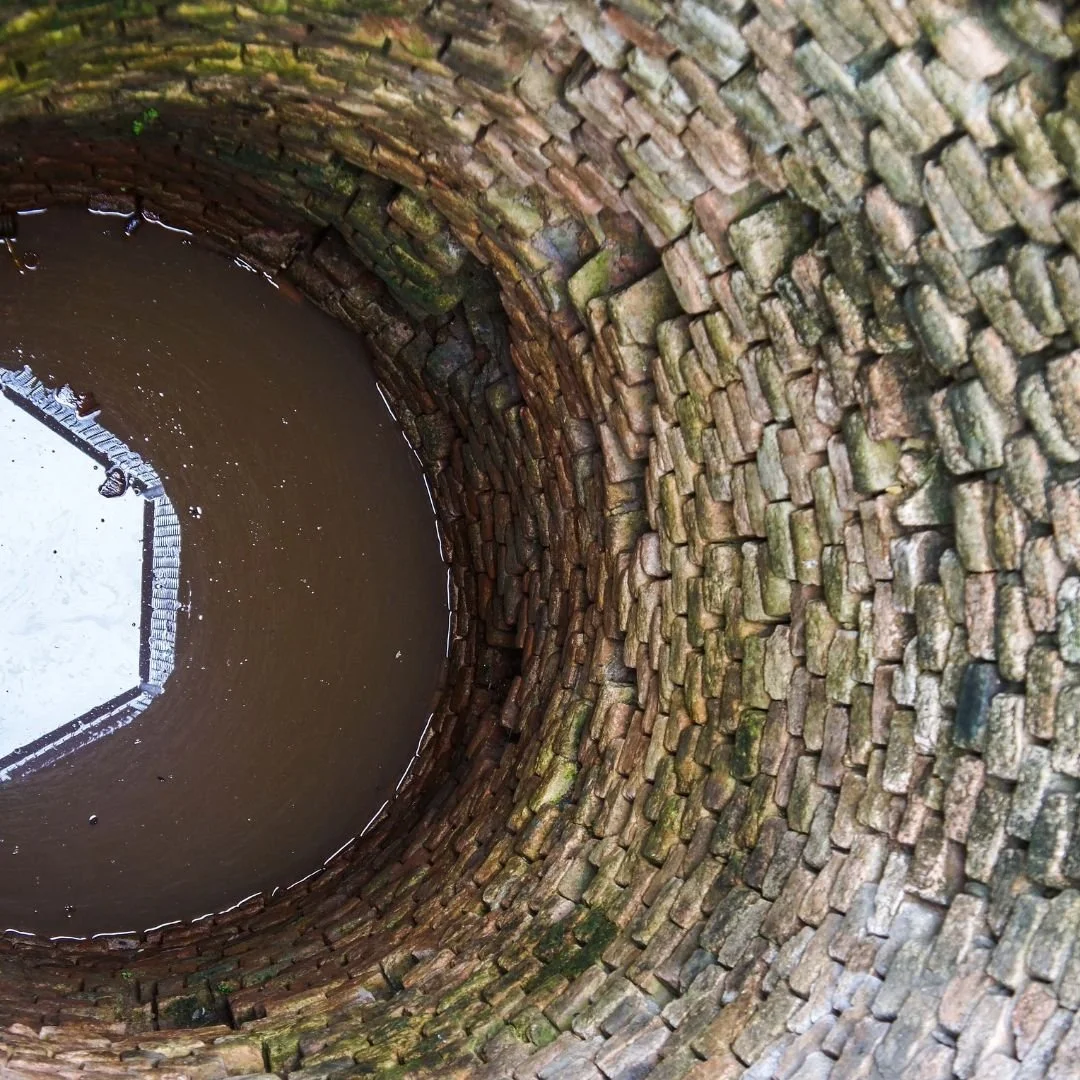What does peak water usage mean?
Peak water usage refers to the period when a household’s water consumption reaches its highest level, often straining the capacity of a private well, community well, or municipal water system.
How much water does a person use on average?
Water is a vital resource, and understanding individual water usage is essential for homeowners, particularly those relying on private wells, where managing water supply is critical. Knowing average water consumption helps in planning well maintenance, choosing appropriate systems, and ensuring sustainable use, especially for low-yield wells.
The Pros and Cons of Community Wells vs. Private Wells
Choosing between a community well (also known as a shared well) and a private well is a significant decision for homeowners, particularly in rural areas where municipal water systems are unavailable. Each option offers distinct advantages and challenges, impacting water access, cost, maintenance, and reliability.
How to Choose Between a Bladder Tank and a Diaphragm Tank
Two common types of pressure tanks—bladder tanks and diaphragm tanks—offer distinct designs and benefits, making the choice between them dependent on factors like household water needs, maintenance preferences, and budget.
How to Maintain Consistent Water Pressure in a Multi-Story Home
Maintaining consistent water pressure in a multi-story home is a critical aspect of ensuring a comfortable and functional living environment, yet it poses unique challenges, particularly for households relying on private wells, shared wells, or city water systems.
How to Protect Your Well from Contamination Risks
Private wells provide a reliable source of water for millions of homeowners, offering independence from municipal systems and access to fresh groundwater. However, wells are vulnerable to contamination from various sources, which can compromise water quality and pose health risks.
The Role of Well Rehabilitation in Restoring Yield
Well rehabilitation, a collection of techniques designed to restore a well’s output, is frequently considered a practical solution to address these challenges. While rehabilitation can provide temporary improvements, it’s not always the most durable or effective approach.
The Impact of Nearby Construction on Your Well’s Yield
Nearby construction projects, from residential developments to road expansions, can pose significant risks to the yield of private wells. These activities can disrupt groundwater flow, alter aquifer dynamics, and introduce contaminants, potentially reducing the amount of water your well produces.
How to Choose the Right Well Depth for Your Property
Selecting the appropriate well depth is a critical decision for property owners relying on private wells for their water supply. The depth of a well often impacts its yield, water quality, and long-term reliability, affecting everything from daily water needs to maintenance costs.
How to Address Sulfur Smell in Your Well Water
The unmistakable rotten egg smell in well water, often caused by sulfur compounds, is a common issue for well owners. This odor, typically from hydrogen sulfide gas, can make water unpleasant for drinking, cooking, or bathing, and may also cause corrosion in plumbing systems.
How to Deal with Iron Bacteria in Your Well Water
Iron bacteria are a persistent challenge for well owners, causing issues like foul odors, staining, and potential damage to well systems. These naturally occurring microorganisms thrive in iron-rich groundwater, forming slimy, rust-colored biofilms that can clog pipes, reduce water flow, and degrade water quality.
The Benefits of Rainwater Harvesting for Well Owners
With water resources under growing pressure, population growth, and over-extraction, well owners are increasingly seeking sustainable ways to manage their water supply. Private wells, while a valuable resource, often face challenges such as low yield, seasonal fluctuations, or the risk of over-pumping, which can lead to costly repairs or even well failure.
The Pros and Cons of Artesian Wells for Homeowners
For homeowners seeking a reliable and sustainable water source, artesian wells offer a unique option compared to traditional wells. Known for their natural pressure and ability to deliver groundwater without pumping in some cases, artesian wells can be an attractive choice, especially in rural areas or for those aiming for self-sufficiency.
What is a Well, and How Does It Work?
Understanding how wells function, their types, the challenges they face, and modern solutions to enhance their performance is essential for ensuring a reliable water supply. This article explores the mechanics of wells, the issues associated with low-yielding wells, and an innovative system that transforms water management for challenging wells.
The Role of Well Screens in Preventing Sediment Issues
Those who rely on well water face the ongoing challenge of maintaining a clean and dependable water supply. Sediment intrusion—such as sand, silt, or clay entering the well—can clog pipes, damage equipment, and disrupt daily routines.
Well Water Odors: What They Mean and How to Eliminate Them
If you're on a well, discovering an unpleasant odor in your water can be both alarming and inconvenient. Well water odors, ranging from rotten eggs to musty or chemical smells, often signal underlying issues that need attention to ensure safe and pleasant water use.
Is a Constant Pressure Well Pump System Right for Your Home?
For homeowners relying on private wells, maintaining consistent water pressure is a common challenge that can impact daily comfort and convenience. Constant pressure well pump systems have emerged as an innovative solution, designed to deliver steady water pressure regardless of household demand.
The Environmental Benefits of Well Water Storage Systems
As concerns about water scarcity and environmental sustainability intensify, homeowners with private wells are increasingly adopting innovative solutions like the Well Harvester to manage their water resources responsibly.
The Benefits of Installing a Variable Speed Well Pump
As homeowners seek efficient and reliable solutions for their well water systems, variable speed well pumps have emerged as a transformative option. Unlike traditional single-speed pumps that operate at a constant rate, variable speed pumps dynamically adjust their output to match household water demand in real time.
How to Troubleshoot Cloudy Well Water: Causes and Fixes
Cloudy well water can be a frustrating and concerning issue for homeowners who rely on private wells for their water supply. The murky appearance often raises questions about water safety and system performance, prompting the need for quick and effective troubleshooting.




















